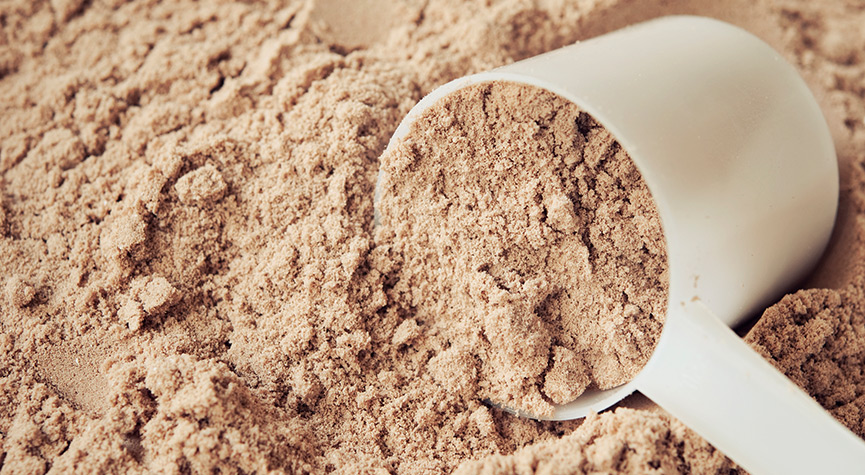Protein is an essential macronutrient that plays a critical role in building and repairing tissues, producing enzymes and hormones, and supporting overall body function.
However, the amount of protein you need can vary based on several factors, including your age, gender, activity level, and health goals. Understanding how much protein you need can help you optimize your diet and support your body’s needs.
Understanding Protein Requirements
The Recommended Dietary Allowance (RDA) for protein for the average adult is 0.8 grams per kilogram of body weight. This baseline recommendation is designed to meet the nutritional needs of most healthy individuals. However, this amount may not be sufficient for everyone, especially those with higher protein demands.
According to Optimum Nutrition, athletes, active individuals, and those engaged in strength training may require more protein to support muscle repair and growth. For these individuals, protein needs can range from 1.2 to 2.2 grams of protein per kilogram of body weight.
Factors Influencing Protein Needs
- Age: As we age, our bodies become less efficient at processing protein, which can lead to muscle loss. Older adults may benefit from higher protein intake to maintain muscle mass and strength.
- Gender: Men typically require more protein than women due to larger muscle mass. However, women’s protein needs can increase during pregnancy and breastfeeding.
- Activity Level: Those who engage in regular physical activity, especially strength training, have higher protein needs to support muscle recovery and growth.
- Health Goals: Whether you’re looking to build muscle, lose weight, or maintain overall health, your protein needs may vary. High-protein diets can support weight loss by increasing satiety and preserving lean muscle mass during caloric restriction.
How to Meet Your Protein Needs
Meeting your protein requirements can be achieved through a combination of dietary sources and, if necessary, supplementation. Here are some tips from Bryan Dermody, former strength & conditioning coach, on how to consume enough protein:
1. Include Protein Rich Foods in Every Meal
Aim to incorporate high-quality protein sources, such as lean meats, poultry, fish, eggs, dairy products, legumes, and plant-based proteins like tofu and tempeh, in every meal.
2. Snacking Smart
Choose protein-rich snacks like Greek yogurt, cottage cheese, nuts, seeds, and protein bars to help meet your daily protein goals.
3. Use Protein Supplements
Protein powders and ready-to-drink protein shakes can be convenient options to help you reach your protein needs, especially for those with busy lifestyles or increased protein requirements.
4. Plan Your Meals
Meal planning can ensure that you’re consistently meeting your protein needs throughout the day. Prepping meals in advance with balanced protein sources can help you stay on track.
5. Monitor Your Intake
Keep track of your protein intake to ensure you’re meeting your goals. Apps and food diaries can be useful tools for monitoring your protein consumption.
Personalize Your Protein
Determining how much protein you need involves considering various factors such as age, gender, activity level, and health goals. While the RDA provides a general guideline, individual protein needs may be higher for those with increased physical demands or specific health objectives. By incorporating a variety of protein-rich foods and, if necessary, supplements, you can ensure that you’re meeting your protein requirements to support overall health and well-being.
Remember, it’s always best to consult with a healthcare professional or a registered dietitian to determine the optimal protein intake for your specific needs.
Help Protein Perform with myHMB®
Factors such as age and protein quality can impair the body’s ability to utilize amino acids for protein synthesis. myHMB® helps protein perform more optimally by activating protein synthesis and protecting against excess protein breakdown. Learn more >


















